From engineer to farmer in the 4.0 era
Mr. Cao Thanh Cong (born in 1995) studied refrigeration engineering and had a stable job in Hanoi. However, a health incident made him decide to return to his hometown and start from scratch in a completely new field - agriculture .
By chance, he came across the hydroponic model through an agricultural extension program. Mr. Cong started to experiment with the simplest plants. He chose pennywort - a seemingly common and rustic plant - as the "subject" for testing, with the hope of creating a clean, stable and easily replicable agricultural production model.
Hydroponic pennywort model in high-tech greenhouse of Mr. Cao Thanh Cong.
The special feature of the model is not the scale, but the organization. In 2023, Mr. Cong's family decided to invest about 500 million VND, building a high-tech greenhouse system with a total area of more than 300m2, installing more than 10,000 plastic baskets on 6 A-shaped shelves and 1 semi-A-shaped shelf. The model is methodically designed, all the pennywort plants are grown in the greenhouse in the form of recirculating hydroponics, using organic fertilizers instead of soil.
With traditional farming methods, farmers often have to face many factors beyond their control such as harsh weather, soil quality and the risk of pests and diseases. Cao Thanh Cong's hydroponic pennywort model has overcome these problems thanks to the application of modern technology.
Mr. Cao Thanh Cong harvests hydroponic pennywort.
The model is built with a system that automatically controls temperature, humidity, light and water through sensors, ensuring stable growing conditions for pennywort. The pH and PPM levels are checked periodically to ensure that pennywort grows healthily and is of high quality. In particular, the model does not use pesticides or chemical fertilizers, meeting clean product standards.
“The hydroponic model helps me reduce my dependence on soil and weather. It can be cultivated all year round and is easy to expand,” Mr. Cong shared.
However, according to Mr. Cong, one of the biggest difficulties does not lie in the technique or initial investment costs, but in maintaining a stable water source and nutritional environment for the plants. Gotu kola is a creeping plant, susceptible to bacterial infection if the water source is not guaranteed or the pH and PPM indexes fluctuate erratically.
“Every time the weather changes erratically, I have to adjust the entire nutritional system so that the plants do not have yellow leaves or dead roots. If I do not monitor closely, I can lose the whole batch of vegetables in a short time,” Mr. Cong confided.
Short growing cycle, stable yield, high income. These are factors that help high-tech agriculture gradually prove its advantages over traditional methods.
Gotu kola - from wild plant to commercial agricultural product
Not stopping at the cultivation stage, Mr. Cong also built a closed consumption chain. He started bringing clean pennywort products to consumers through a juice shop located on Dinh Tien Hoang Street, Phu Ly City.
This is not only a point of sale, but also the first link in the chain of agricultural product consumption in a direct, transparent and product-related direction. With positive signals from the market, recently, he continued to open a new facility right in the center of Tan Thanh town (Thanh Liem), expanding the scale of service, and at the same time gradually building a brand of pennywort juice associated with clean farming and on-site processing. Each glass of juice is the result of clean farming, fresh processing, and no flavoring.
Currently, in the market, pennywort is sold at prices ranging from 25,000 - 30,000 VND/kg depending on the type. For regular pennywort juice, the price per glass ranges from 15,000 - 20,000 VND.
However, the products from Mr. Cao Thanh Cong's hydroponic pennywort model have much higher value because they are cultivated completely cleanly, with strict nutritional control, no chemicals, no pesticides. Each bunch of pennywort is not just a simple agricultural product, but a high-tech agricultural product, ensuring traceability and being processed on the spot to preserve all the nutrients. Thanks to that, the added value of processed products is significantly increased, creating great opportunities in expanding the market and building a private brand.
In addition, processing right at the source helps the product retain its nutritional value, while solving the problem of output, which many small producers face. Each bunch of pennywort becomes the raw material for value-added products: juice, smoothie, pennywort jelly, pennywort powder, etc.
Currently, the couple is actively building sales channels through social networks, bringing products to a wide range of consumers, especially customers interested in health and clean food. Thanks to that, the model not only increases family income, but also creates jobs for local workers with stable income.
Although it has only been around for a short time, Mr. Cong’s model has attracted the attention of many young people and households in the area. While many people are still hesitant to mention “high-tech agriculture”, this model is a clear demonstration that: technology does not necessarily have to be big, it just needs to be effective, suitable and create sustainable value.
In the context of Ha Nam province is orienting to expand high-tech agricultural production areas, Mr. Cong's model shows strong potential for spreading. No need for a large area, just need a creative and practical way to create a stable and sustainable livelihood. Local authorities have also initially recognized this model as a bright spot in the youth start-up movement.
From gotu kola plant, new vision is opened
The story of Mr. Cao Thanh Cong does not stop at pennywort, but is also a clear "slice" of a trend: when young people know how to find their way, the countryside is no longer a place to "retreat", but a starting point for models of living - working - producing with full autonomy.
From a young technician, to a farmer and processing facility owner, Mr. Cong is redefining the concept of "farming" in the new generation's own way: combining knowledge, technology and market.
Sharing with us, Mr. Cao Thanh Cong said that the immediate goal is to maintain stable output, improve the quality of hydroponic pennywort and perfect the product processing process towards meeting food hygiene and safety standards. In the long term, he plans to expand the planting area, invest in more machinery and equipment for preliminary processing and processing, and at the same time build his own pennywort juice brand, and register to participate in the local OCOP program.
Gotu kola is a potential raw material. If we know how to process the product, it can completely develop into a sustainable value chain.
“I want to build a specialized area for growing clean pennywort. If I have time, I will build a model associated with experiential tourism and free vocational training, bringing my hometown's agricultural products to a larger market,” Mr. Cong shared.
In the middle of the peaceful countryside in Ha Nam, the hydroponic pennywort model is not noisy, not boisterous. But quietly affirms one thing: agriculture, if done with new thinking, new technology, can completely become a spearhead economic sector, bringing young people up from their homeland.
When young people are proactive, willing to learn, aware of market needs and act responsibly towards the environment, agriculture is not only about “diligence”, but also about “knowledge”. The story of Cao Thanh Cong’s pennywort is therefore not only a model, but also a testament to a changing trend: decent agriculture from the hands of young people.
Le Van
Source: https://baohanam.com.vn/kinh-te/nganh-nghe-nong-thon/khoi-nghiep-tu-cay-rau-ma-hanh-trinh-san-xuat-nong-nghiep-cong-nghe-cao-cua-thanh-nien-ha-nam-160626.html


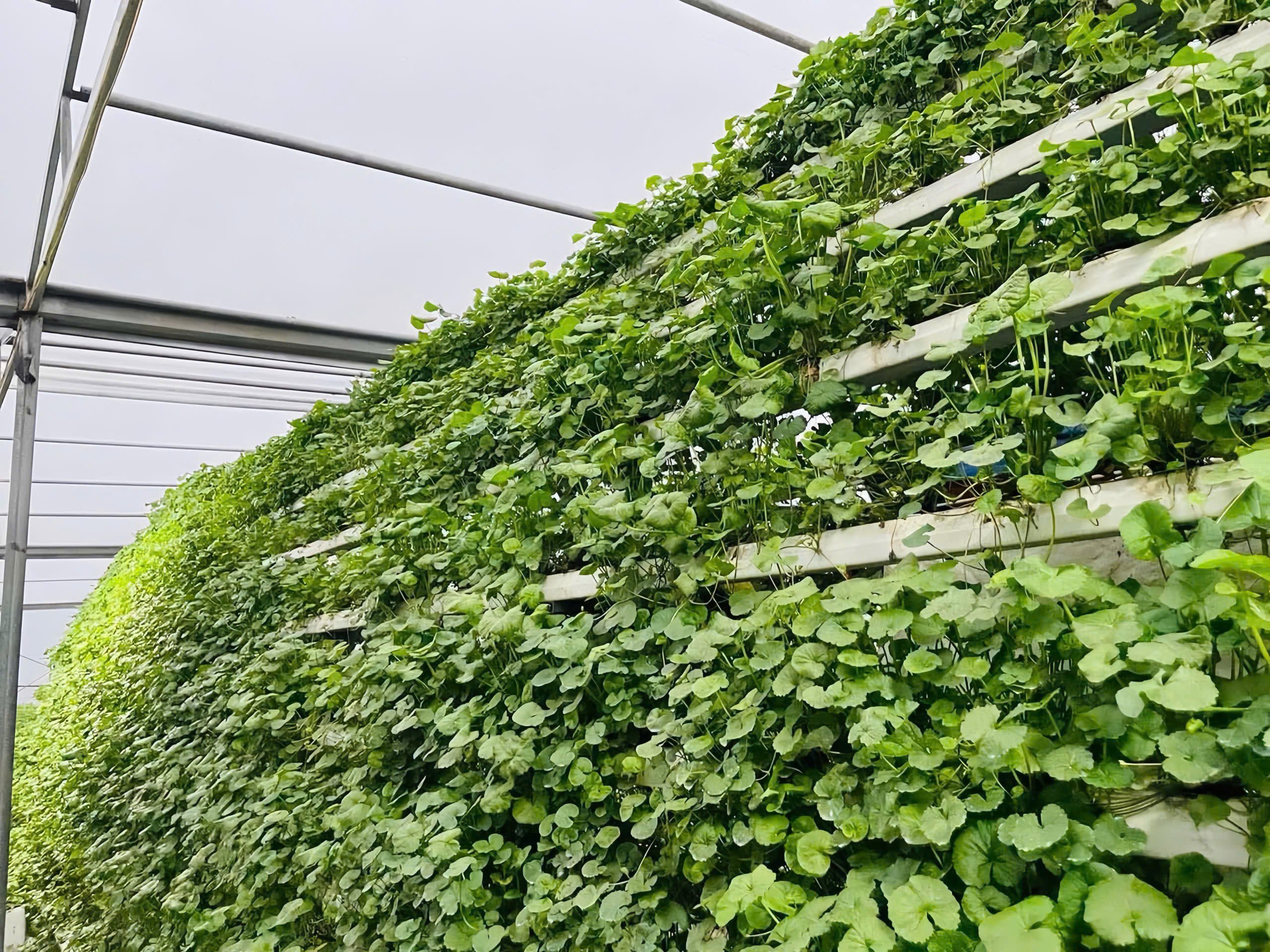
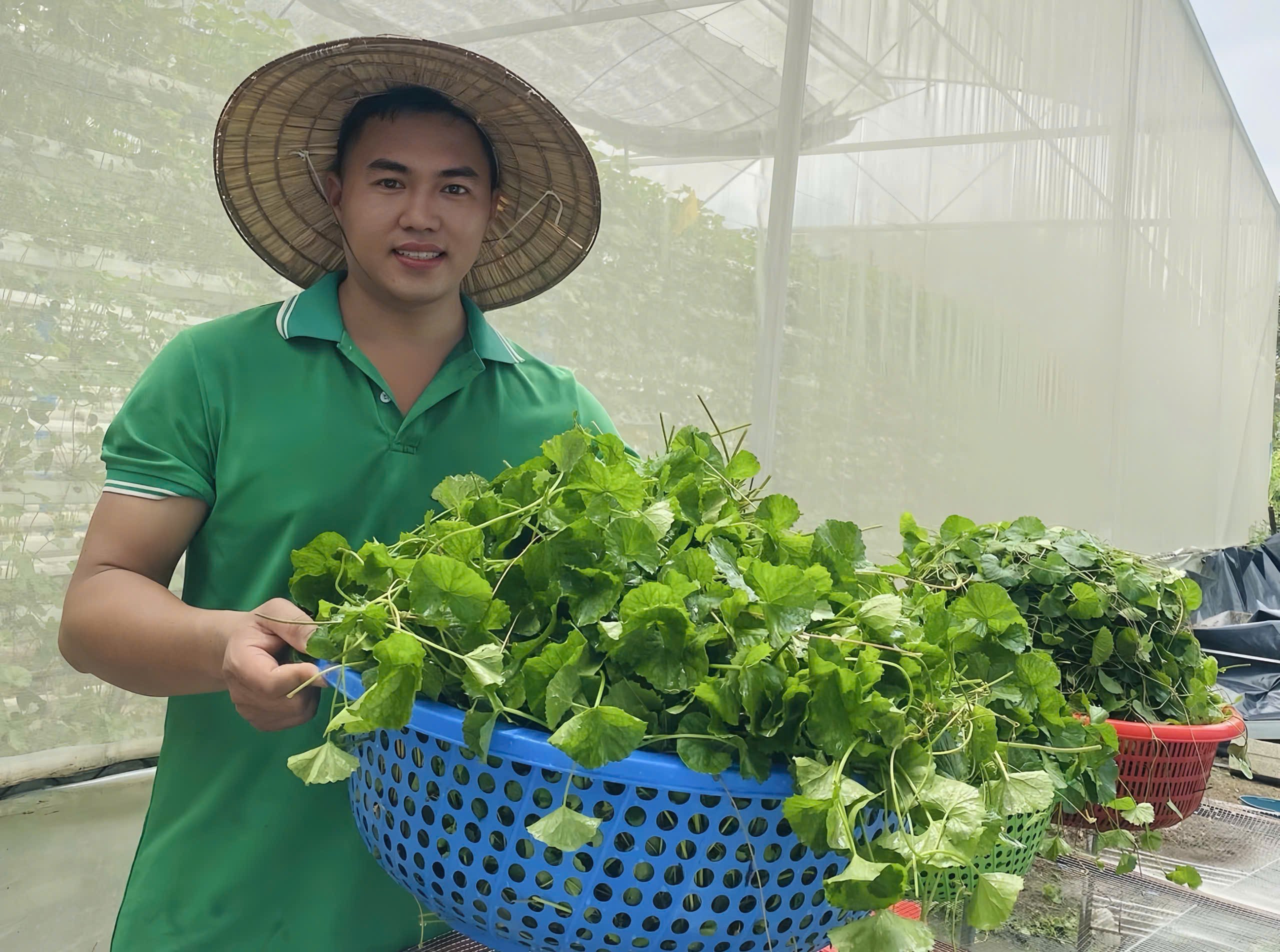
![[Photo] Solemn opening of the 10th Session, 15th National Assembly](https://vphoto.vietnam.vn/thumb/1200x675/vietnam/resource/IMAGE/2025/10/20/1760937111622_ndo_br_1-202-jpg.webp)

![[Photo] Chairman of the Hungarian Parliament visits President Ho Chi Minh's Mausoleum](https://vphoto.vietnam.vn/thumb/1200x675/vietnam/resource/IMAGE/2025/10/20/1760941009023_ndo_br_hungary-jpg.webp)

![[Photo] Prime Minister Pham Minh Chinh meets with Speaker of the Hungarian National Assembly Kover Laszlo](https://vphoto.vietnam.vn/thumb/1200x675/vietnam/resource/IMAGE/2025/10/20/1760970413415_dsc-8111-jpg.webp)
![[Photo] National Assembly Chairman Tran Thanh Man holds talks with Hungarian National Assembly Chairman Kover Laszlo](https://vphoto.vietnam.vn/thumb/1200x675/vietnam/resource/IMAGE/2025/10/20/1760952711347_ndo_br_bnd-1603-jpg.webp)
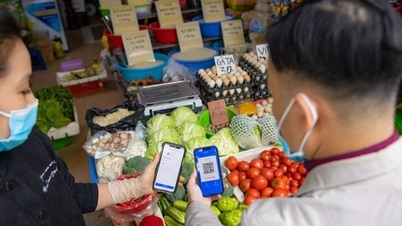



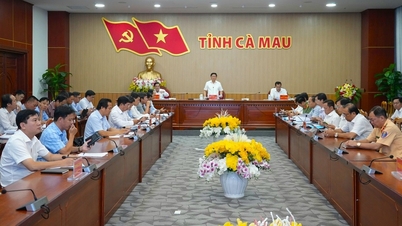

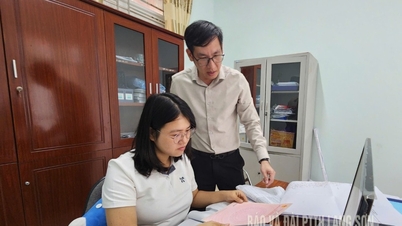

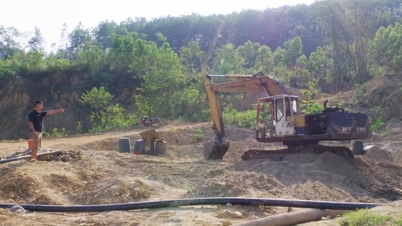
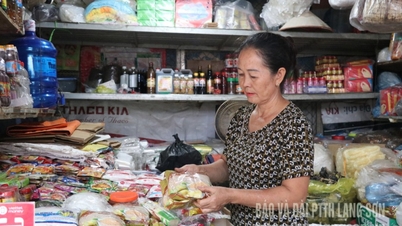




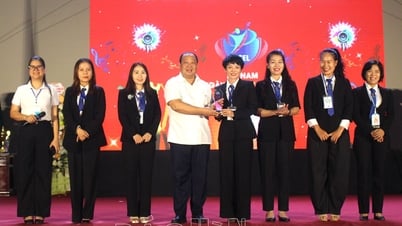
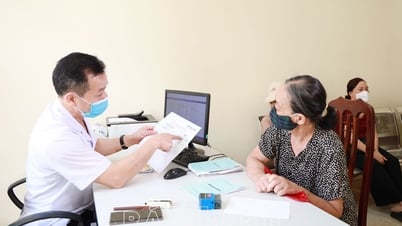
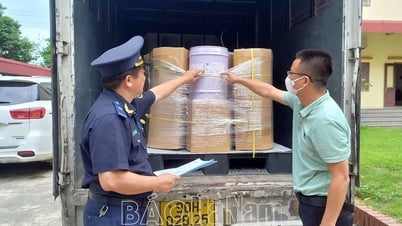

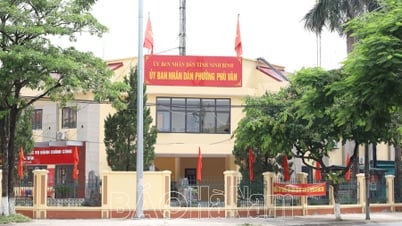
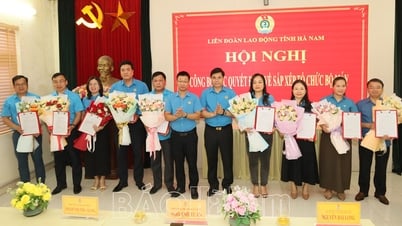




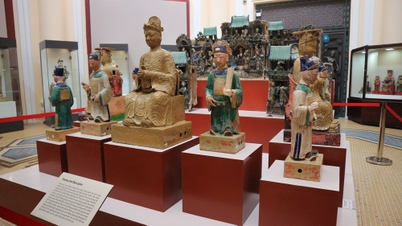



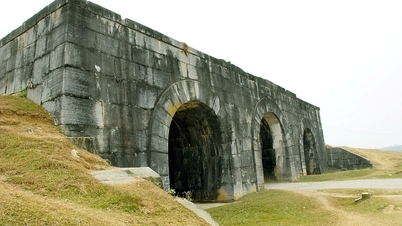


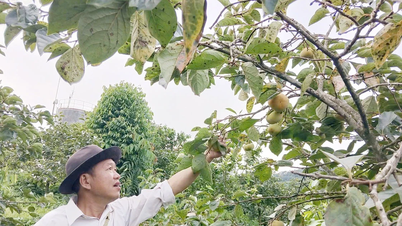





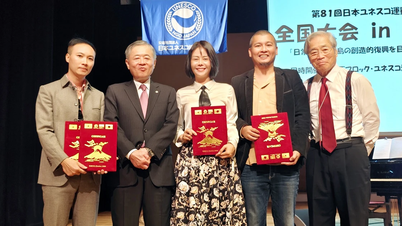


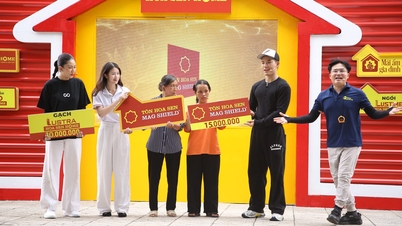


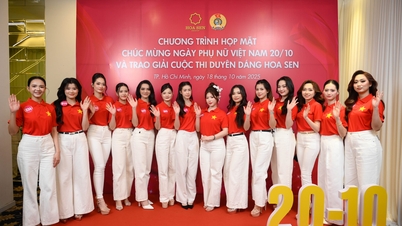
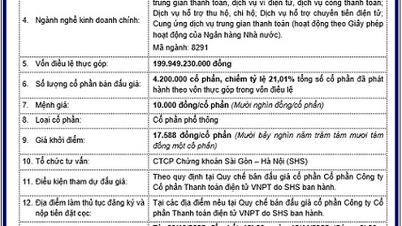
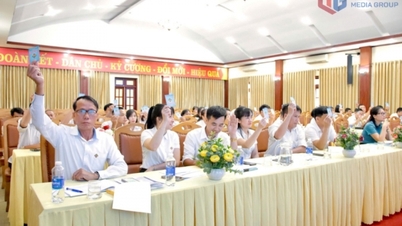

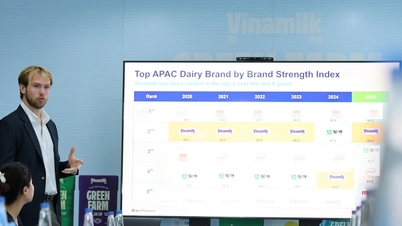






















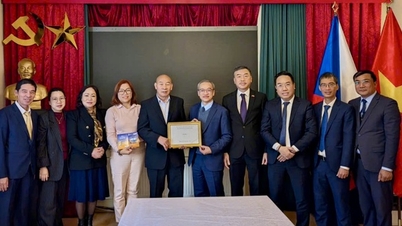
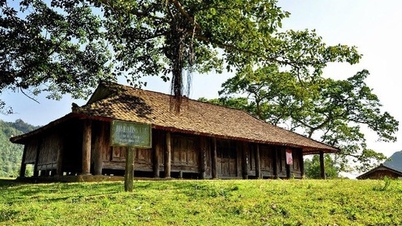
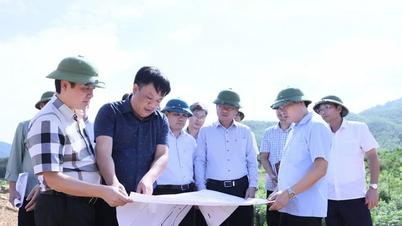

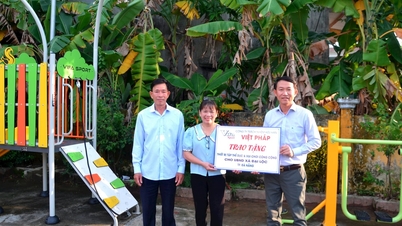

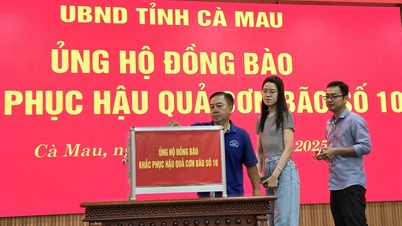
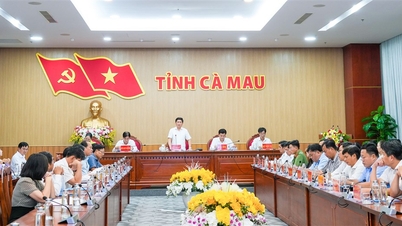


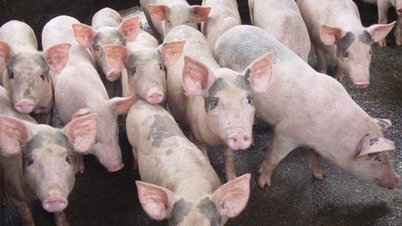
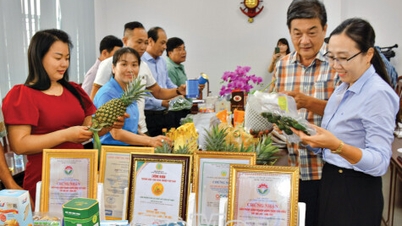












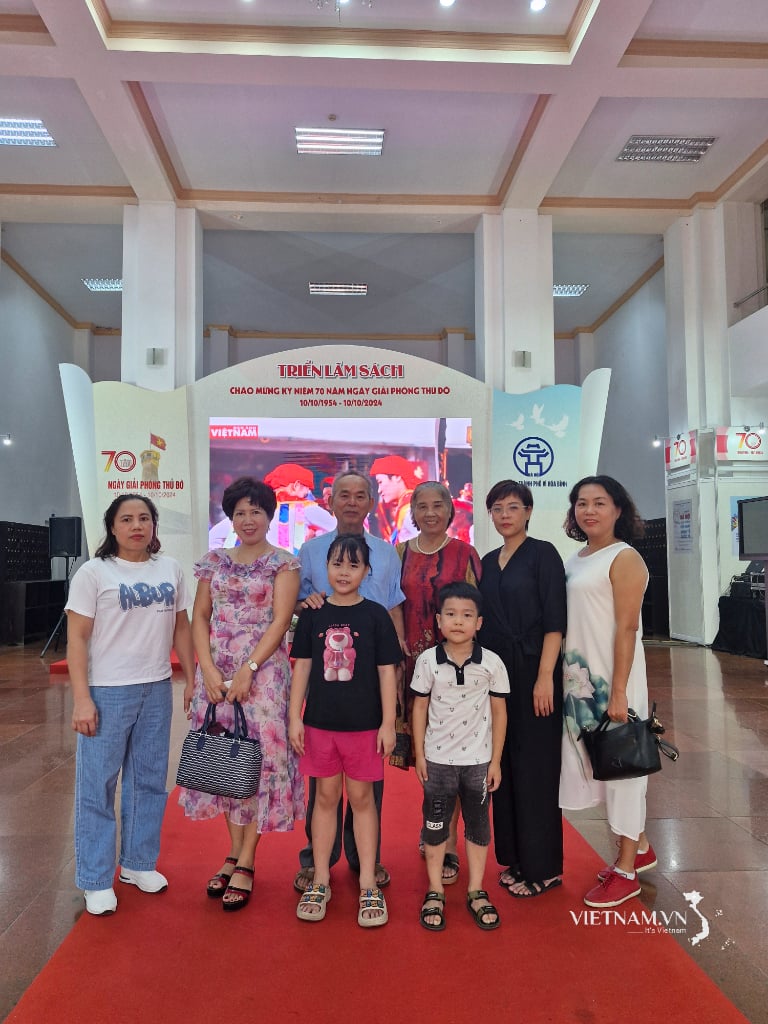

Comment (0)